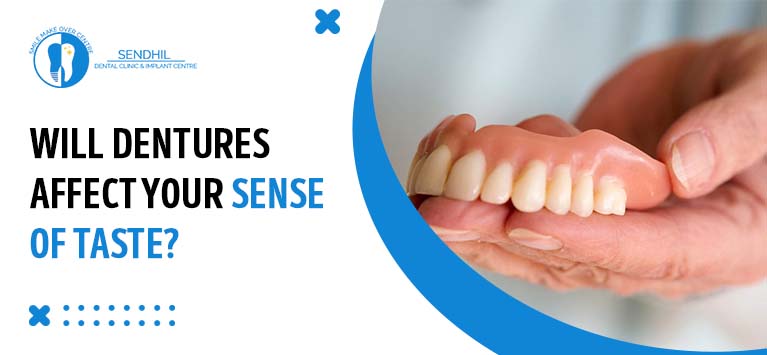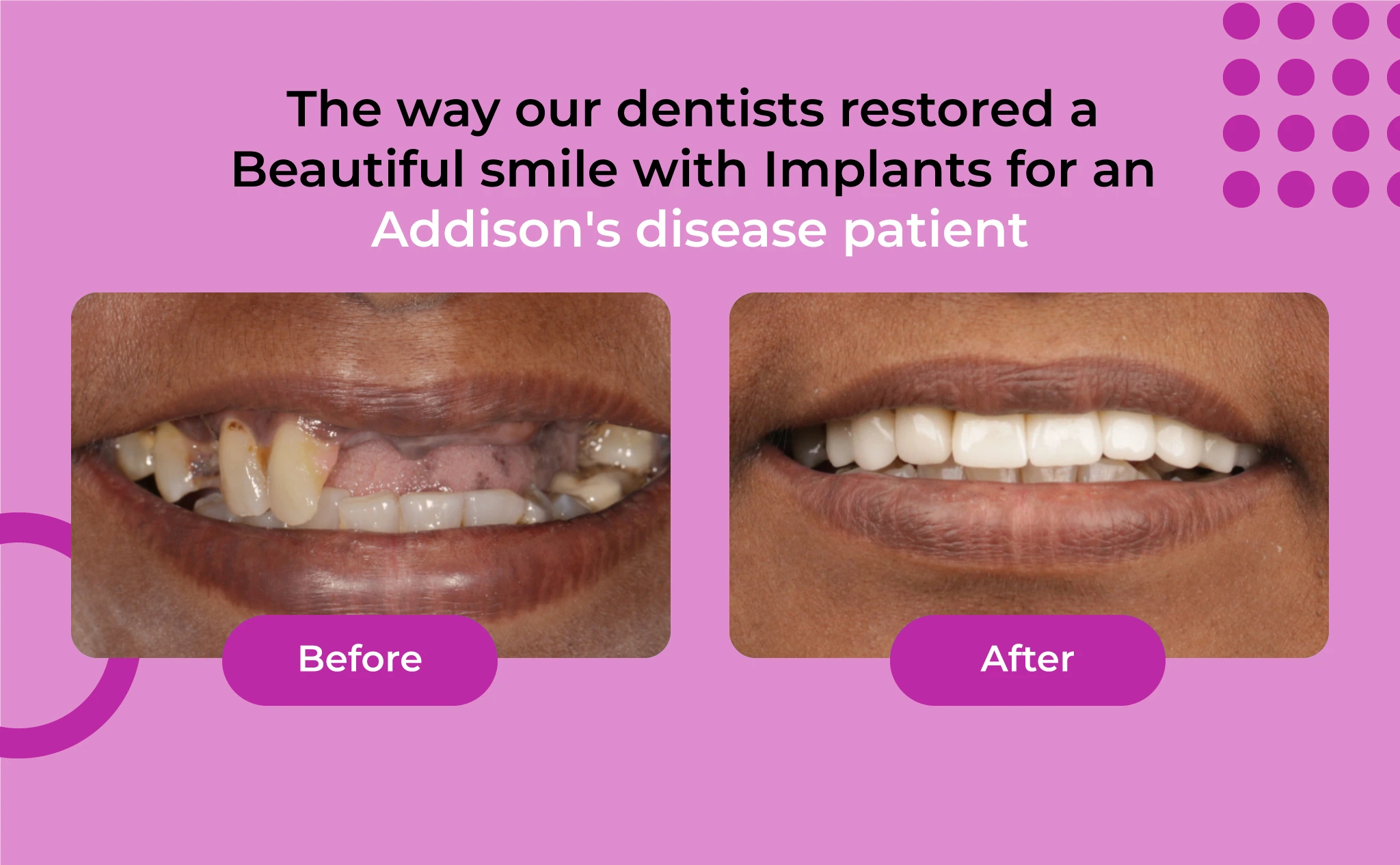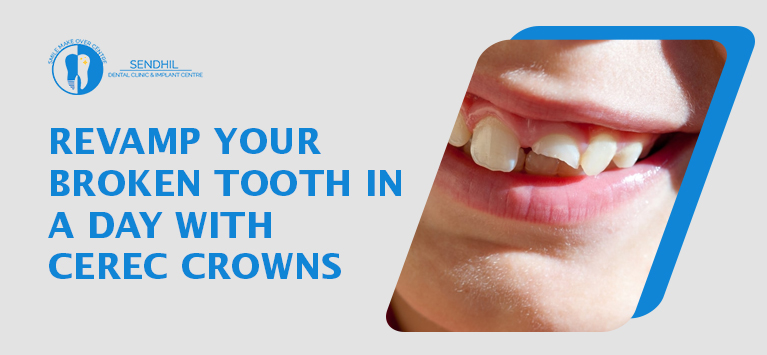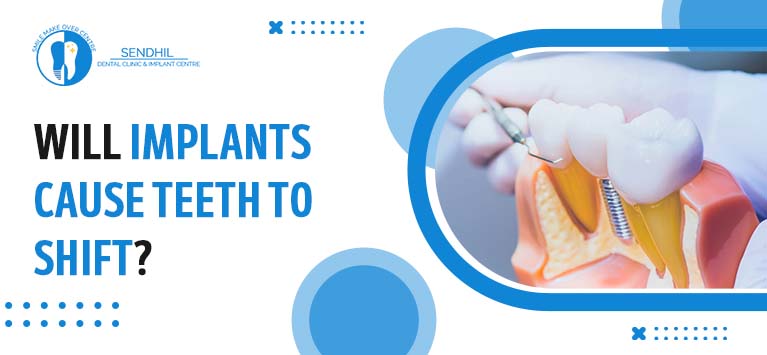
Will dentures affect your sense of taste?
Dentures are excellent, affordable solutions for tooth replacement, but they also have some difficulties.
When wearing complete or partial dentures for the first few weeks or months, many patients complain of losing their sense of taste or eating bland food. While this is upsetting, there is no need to be worried.
But did you know that becoming older can naturally affect your sense of taste? Fortunately, even though your sense of taste could slightly change, you will still be able to eat a lot of the foods you love.
If you have dentures to treat serious tooth loss, your sense of taste may be significantly diminished. Keep reading on to discover why this happens and what you can do to change it.
Table of Contents
How does denture impact your sense of taste?
Your tongue is the key organ involved in how you experience the flavors of food and drink. It is covered with countless numbers of taste buds and expresses the flavor of a drink, snack, or meal whether it is salty, tangy, bitter, or spicy by sending signals to the brain after consumption.
However, flavor profiling involves more parts of the mouth than just the tongue. The hard palate also plays a supporting role in that. The hard palate, or roof of the mouth, is lined with taste buds known as gustatory cells, though it doesn’t contain quite as many as the tongue.
As a result, when you bite into any food, the receptors on your gustatory cells add to the signals your tongue sends to your brain.
When you are having dentures your hard palate is covered by the centerpiece of your dentures, which binds all of your teeth together.
As a result, you could find that after getting it, food doesn’t taste exactly the same. It won’t prohibit you from tasting what you eat and drink, given that the entire mouth supports the ingestion of food and drink but the flavors might not be as strong as they previously were.
But the good news is that this negative impact of having dentures is temporary.
How can you prevent the loss of taste caused by denture teeth?
Here are some tips to help you in recovering a precise sense of taste when wearing it.
1) Clean your dentures properly
There are several reasons why it’s crucial to keep them clean. Wearing improperly cleaned dentures irritates the oral tissues and is followed by oral health issues like mouth sores, gum infections, burning sensation in the mouth, etc. Likely, it is also associated with side effects such as difficulty speaking, difficulty eating, mouth infections, and so on.
You may prevent such mouth infections and discomforts by properly cleaning your dentures.
While cleaning the denture teeth, you should soak the appliance in the cleansing liquid prescribed by your dentist. This step helps to remove any food particles or debris from dentures that can affect the flavor of your food. Meanwhile, rinsing them with warm salt water can also enhance your sense of taste.
Click here to know the essential denture care tips we shared earlier.
2) Ensure that your dentures fit comfortably
When your dentures don’t fit properly, they are painful, which can lead to undesirable behaviors.
Moreover, using too much denture glue can harm your sense of taste, so it’s important to make sure your dentures fit properly so you won’t need to use adhesives to keep them in place.
3) Consider dental implants
The roof of our mouth also consists of thousands of taste buds. When the palate region is covered by the denture base, it shields the taste buds as well. It leads to taste-altering effects. Right?
Hence Prosthodontists prescribe implant-support dentures (i.e.) dentures supported by implants. It does not require palatal support instead support from the jaw bone is needed.
Then the denture does not have anything with your palate and will not shield the taste perception buds.
You should get advice from your dentist about which fitting is best for you, your mouth, and your needs.
4) Chew your meal thoroughly
Make it a point to chew your meal thoroughly and on all four sides of your mouth. Initially, you might want to stay away from foods like meat or greens in favor of those that are simple to chew. Make progress toward that.
By following these tips above, you can maintain your beautiful smile and enjoy the flavor of your favorite foods and beverages.
Bottom line
The sense of taste is very important because our salivary glands are stimulated by taste, which helps our digestive systems get ready for food.
When we lose our sense of taste we become less interested in preparing and eating the meals we love. Eating the meals we enjoy makes us feel good and releases endorphins into our brains.
The majority of the time, people report experiencing changes in taste during the first few months after getting dentures. This is because getting used to it takes some time. It will take several months for your mouth to adjust.
If you maintain good oral hygiene you can remove the foul taste from your mouth and make sure that wearing dentures continues to be a pleasure.










